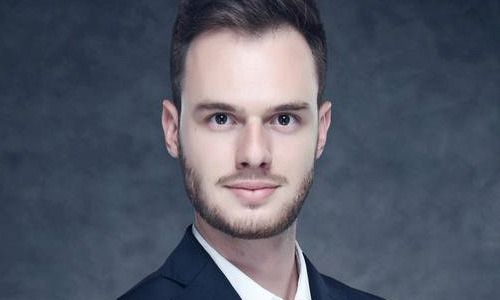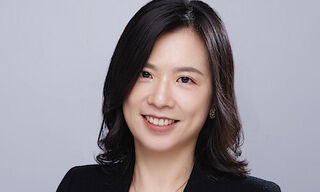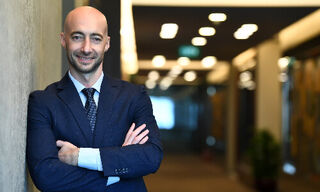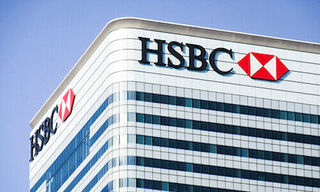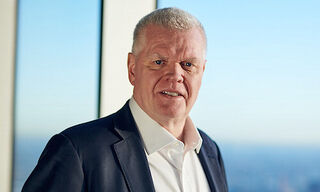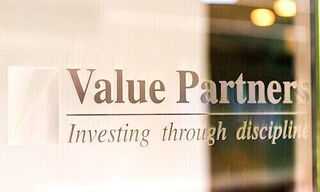Rich Asian clients are about to diversify into digital asset classes previously unavailable to them, says Bankorus CEO Gregory Van den Bergh in an interview with finews.asia.
Gregory Van den Bergh, as a wealth manager, how did you find your way around digital asset classes?
The fundamentals are the same – it is important to build strong personal relationships with clients, having the necessary knowledge of how to plan their finances, portfolio and risk management – and last but not least, a clear understanding of the clients’ complete portfolios.
Our long-term relationships with clients give them the confidence to venture into new asset classes, such as cryptocurrencies. You need the same expertise in asset allocation and portfolio recommendation to succeed in digital asset classes.
So the reason you established Bankorus wasn’t a personal affection for digital currencies?
The decision was driven solely by our high net worth clients' demands for crypto wealth management. The motivation really came from questions such as how much should I invest into cryptocurrencies?
How did your business develop?
It was a natural and reasonable progression for us to extend our offerings to include crypto as an alternative asset class. After all, our expertise is in asset allocation and portfolio management.
«Holding your entire wealth in the form of tokens is a very real possibility in the near future»
Going forward, we needed a unified platform to help clients buy crypto assets and manage their wealth. Crypto wealth management has massive potential over the next decade and we are a first mover.
Holding your entire wealth in the form of tokens, which are the most transparent, trustworthy and liquid way to hold an asset, is a very real possibility in the near future.
What does it take to make robo advisory work?
The development of blockchain and artificial intelligence technologies means that ‘traditional’ robo-advisory models must acquire more advanced capabilities through the integration of new innovations. Only those who can adapt effectively to technological advances will win.
Will artificial intelligence and quantum computing make fund managers redundant?
New technology actually empowers existing, human fund managers with tools for better and more informed execution. It is however too early to tell whether or not technology can, or will, replace all aspects of the human element. History has shown that new technology does not necessarily take the place of humans in every case.
«Technology increases efficiency and accuracy»
In fact, technology increases productivity, efficiency and accuracy. Artificial intelligence and quantum computing can assist fund managers by streamlining the heavy lifting required in data collection, data cleaning, data mining and analysis.
What will wealth management in Asia look like in five years’ time?
Wealthy clients will diversify more, with 10 to 20 percent of their portfolio taken up by digital assets. Also, significant developments in tokenizing of traditional assets, such as real estate, venture capital funds etc., will be made.
«The wealthy increasingly understand the benefits and importance of asset allocation»
In Asia, the wealthy will increasingly understand the benefits and importance of asset allocation, diversification and risk management, and will seek professional advice for wealth management rather than depending on personal judgement or social networks.
Continued growth for investments in new and alternative asset classes, including crypto assets, new technologies, green energy and healthcare, means that these areas will occupy sizeable portions of total wealth. Wealth management will continue to be one of the fastest growing areas in Asia.
Gregory Van den Bergh is co-founder and chief executive officer at Bankorus a Beijing-based AI-powered, crypto-wealth management platform and security token marketplace built on the blockchain. He previously worked at Morgan Stanley private wealth management and for MAN-GLG. He graduated from Oxford University, studied at Harvard and has an MBA from the Cheung Kong Graduate School of Business.

